Market Trends
Key Emerging Trends in the Air Cargo Security Screening Market
In recent years, the air cargo security screening market has witnessed notable trends reshaping its landscape. As global trade continues to expand, so does the demand for efficient and robust security measures to safeguard cargo transported via air. One prominent trend is the adoption of advanced technologies to enhance screening capabilities. With the increasing sophistication of security threats, airports and logistics companies are investing in state-of-the-art screening equipment such as advanced X-ray systems, explosive trace detectors, and advanced imaging technology. These technologies not only improve detection rates but also streamline the screening process, minimizing delays and enhancing overall efficiency.
Moreover, regulatory requirements play a significant role in driving market trends within the air cargo security screening sector. Regulatory bodies, both at the national and international levels, continually update security standards and protocols to address emerging threats. Compliance with these regulations is imperative for airports, airlines, and logistics companies to ensure the smooth flow of cargo while maintaining high levels of security. As a result, industry players are compelled to invest in innovative screening solutions that meet or exceed regulatory requirements, driving market growth and innovation.
Additionally, the rise of e-commerce has significantly impacted the air cargo security screening market. The exponential growth of online shopping has led to a surge in the volume of goods transported by air, placing greater pressure on security infrastructure. E-commerce companies are increasingly relying on air freight to fulfill orders quickly, heightening the need for efficient and reliable screening processes. Consequently, there is a growing demand for scalable and adaptable screening solutions that can handle varying cargo volumes while maintaining stringent security standards.
Furthermore, the COVID-19 pandemic has introduced new challenges and opportunities for the air cargo security screening market. The disruption caused by the pandemic highlighted vulnerabilities in global supply chains and underscored the importance of resilient security measures. As the world recovers and adapts to the new normal, there is a renewed emphasis on enhancing supply chain resilience and security. This has led to increased investments in technologies such as contactless screening systems and remote monitoring capabilities, allowing for safer and more efficient cargo screening processes.
Moreover, sustainability has emerged as a key consideration shaping market trends in the air cargo security screening sector. As environmental concerns gain prominence, stakeholders are seeking eco-friendly solutions that minimize the carbon footprint of security operations. Manufacturers are developing energy-efficient screening equipment, while airports and logistics companies are exploring renewable energy sources and implementing sustainable practices in their operations. Sustainability-driven initiatives not only align with corporate social responsibility goals but also contribute to cost savings and long-term resilience.


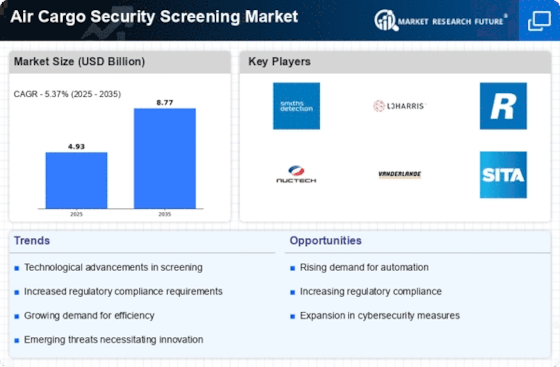
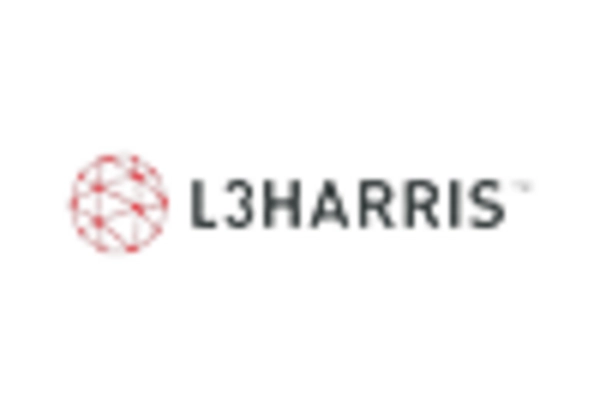
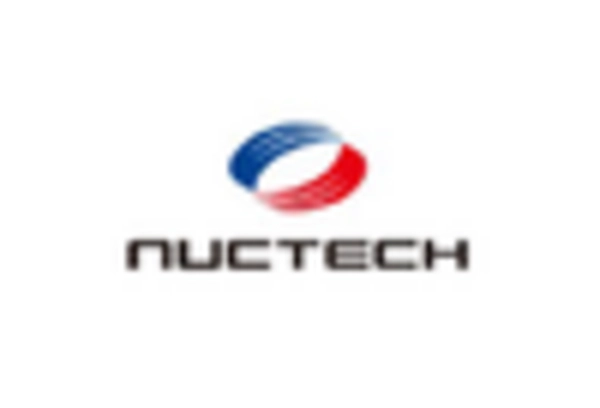
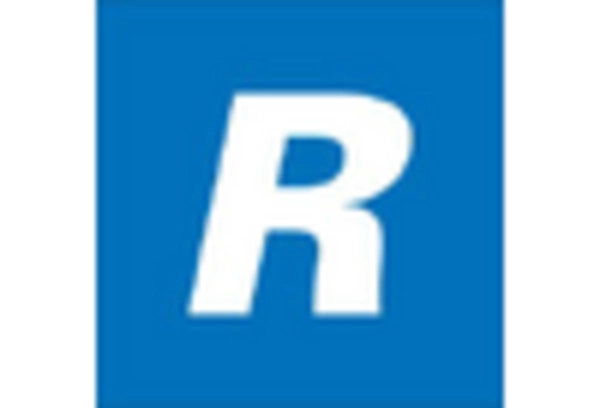
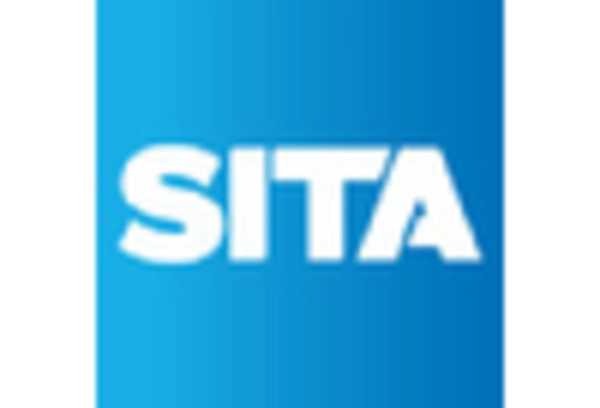
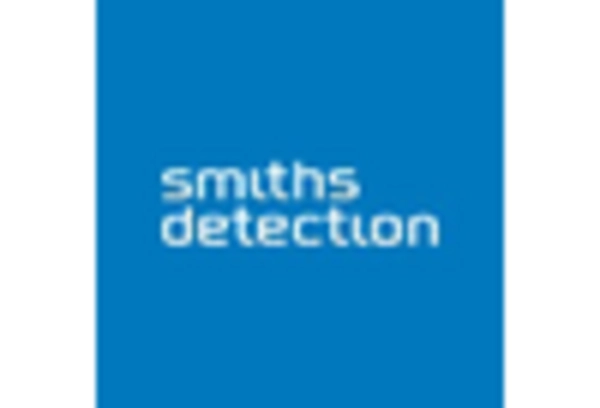
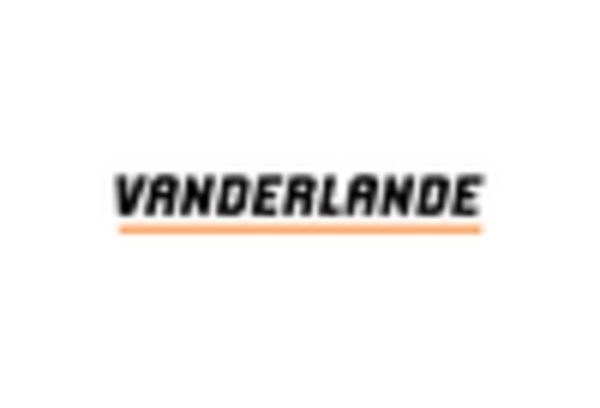










Leave a Comment